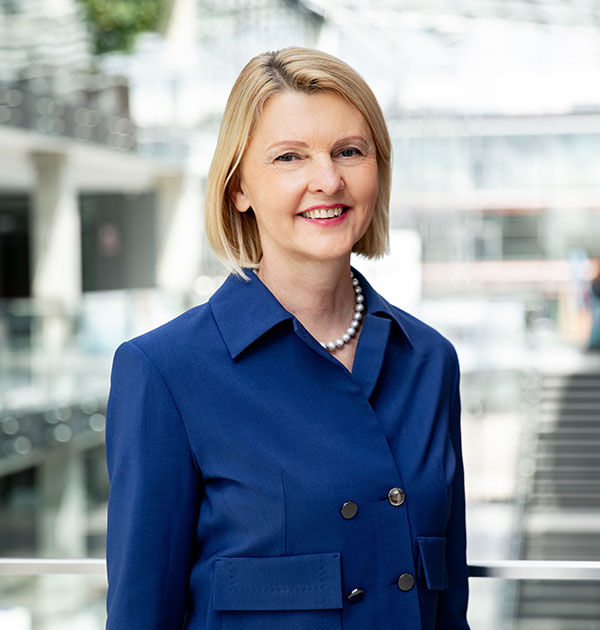Information will be available soon.
Two research topics are developed at the Department: “Health Inequalities in the Lithuanian Population and its Care” (head: Prof. Habil. Dr. R. Kalėdienė) and “’Analysis of Health Care Quality and Management” (head: Prof. Dr. S. Sauliūnė).
Doctoral dissertations on the following research topics are currently being prepared at the Department:
- Forecasts of the demand for medical doctors and health services in the context of the Lithuanian health reform 2025–2035.
- Assessing the rights of younger and older elderly people in the health care system.
Past research projects:
- “Elderly Abuse: A Multinational Prevalence Survey” by Karolinska Institute (ABUEL, 2008–2010);
- “Best Practices in Health Services for Immigrants in Europe” by Queen Mary University of London (EUGATE, 2008-2010)
- European Urban Health Indicators System: Using Indicators to Inform Policy (EURO URHIS 2, 2009-2012)
- LEPHIE (Leadership for Public Health in Europe, 2010–1013);
- Establishment of the Centre for Practical Training in Public Health, Nursing, and Rehabilitation (2012);
- “Development of the model for the Strengthening of the Capacities to Identify and Reduce Health Inequalities” funded under the Norway Grants framework (2014–2017);
- “NGO Strengthening for Provision of Quality Services” conducted together with the Order of Malta (2019–2020);
- National COVID-19 Sero-Epidemiological Adult Population Survey (2020);
- National Project “Ensuring the Dignity of Persons with Serious and Incurable Diseases at the End of Life in Lithuania: Concepts, Expectations, Opportunities and Obstacles” (2020–2021).
Ongoing research projects:
- Continuous mortality inequality studies conducted jointly with the Rotterdam University since 2003: Tackling Health Inequalities in Europe: an Integrated Approach LIFEPATH;
- International project “Towards Elimination of Cervical Cancer: Intelligent and Personalized Solutions for Cancer Screening” conducted jointly with partners since 2020;
- Project “The Study of Seroprevalence of SARS-CoV-2 Infection in Lithuania”, 2022–2023

